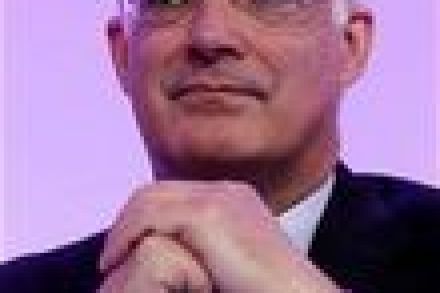A Wee Bit of Culture
Never let it be said that politicians will cling to even the meanest post until the torch and pitchfork brigade come calling. Labour MSP Frank McAveety has stood down from his position as the convenor of the Scottish Parliament’s Public Petitions Committee. And why? Because, during a committee meeting he was heard to say: “There’s a very attractive girl in the second row, dark . . . and dusky. We’ll maybe put a wee word out for her.” Mr McAveety went on: “She’s very attractive looking, nice, very nice, very slim,” before adding: “The heat’s getting to me.” The MSP also said: “She looks kinda . . . she’s got
















